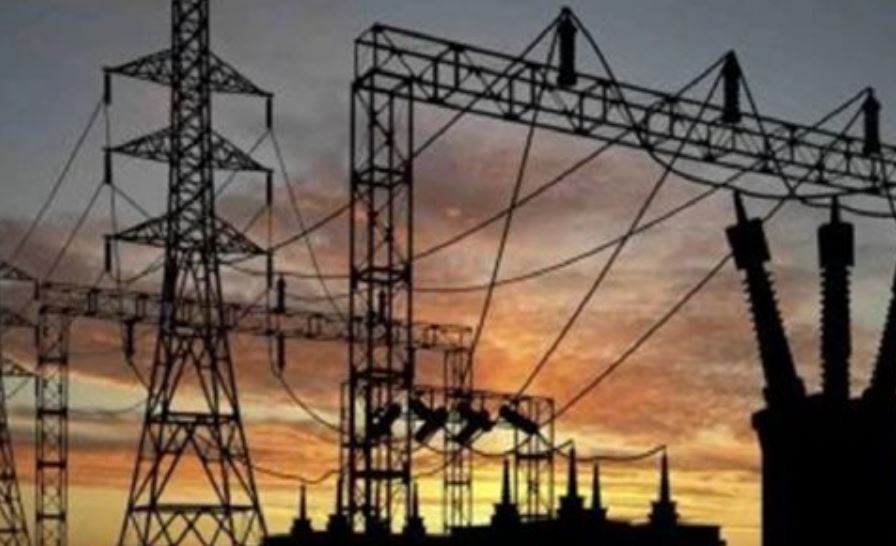How to Reduce Electricity Bills Practical Tips for Nigerians

Federal Ministry of Power, Nigeria – ARDnig
Reducing electricity bills in Nigeria is achievable through practical actions like switching off unused appliances, choosing energy-efficient lighting, moderating air conditioner use, regularly maintaining appliances, and upgrading to modern, efficient models. These simple changes can lead to significant savings and a more sustainable lifestyle.
Turn Off Unused Appliances
Leaving lights, fans, and other appliances running when they’re not in use is a common mistake that increases electricity bills. Devices left plugged in or on standby continue to consume power, leading to unnecessary costs. Make it a habit to switch off lights when leaving a room and unplug gadgets when they are not being used. If managing multiple devices is challenging, use a power strip to turn them off all at once. These small efforts can lead to noticeable savings in your electricity expenses.
Use Energy-Efficient Lighting
Traditional incandescent bulbs consume a lot of energy compared to modern LED or CFL bulbs. Though energy-saving bulbs cost more upfront, they use significantly less power and have a longer lifespan. Switching to LED or CFL lighting is an easy way to lower your electricity usage and cut down on long-term costs. For every bulb you replace, you’re not only saving energy but also contributing to a more sustainable environment.
“Control your energy usage to control your expenses.
Manage Air Conditioner Usage Wisely
Air conditioners are among the biggest energy consumers in Nigerian homes, especially during hot seasons. To save energy, keep the air conditioner set to a moderate temperature instead of the coldest setting. Use ceiling or standing fans to help circulate air more efficiently. During cooler nights, open windows to allow natural ventilation instead of using the AC. Being strategic with air conditioning habits can make a big difference in your electricity bills.
Maintain Your Appliances Regularly
Neglecting to clean or service your appliances leads to inefficiency and higher energy consumption. For example, dirty air conditioner filters force the unit to work harder, using more power. Regularly maintaining and cleaning appliances ensures they operate efficiently and consume less energy. Schedule periodic check-ups and clean filters to keep your gadgets in top shape. Well-maintained appliances not only last longer but also help you manage energy costs effectively.
Upgrade to Modern, Efficient Appliances
Older appliances tend to be energy hogs compared to new models that are designed to be more efficient. Appliances with an Energy Star label, for instance, use less power and are more environmentally friendly. While upgrading may seem costly at first, the energy savings over time make it a worthwhile investment. Replacing outdated refrigerators, washing machines, or air conditioners with energy-efficient models can reduce your overall electricity usage significantly.
Conclusion
By following these energy-saving tips, Nigerians can take control of their electricity bills. Simple habits like turning off lights, using efficient lighting, and keeping appliances maintained contribute to a more affordable and sustainable way of living. These adjustments not only benefit your wallet but also help conserve energy for future generations.










